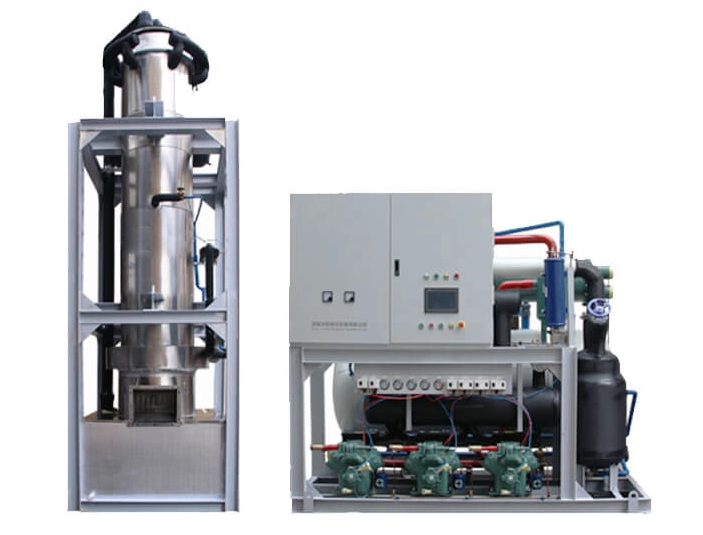China's Cold Room Insulation Solutions for Optimal Temperature Control and Energy Efficiency
The Importance of Cold Room Insulation in China
In recent years, the rapid development of the food, pharmaceutical, and logistics industries in China has led to an increased demand for cold storage facilities. These cold rooms are essential for preserving perishable goods, maintaining the integrity of pharmaceuticals, and ensuring the efficient operation of supply chains. However, the effectiveness of cold storage facilities depends significantly on the quality of insulation used. This article explores the critical role of cold room insulation in China, its types, benefits, and the challenges faced in its implementation.
Understanding Cold Room Insulation
Cold room insulation refers to the process of applying thermal insulation materials to the walls, ceilings, and floors of refrigerated storage spaces. The primary objective is to minimize heat transfer between the inside of the cold room and the external environment. This keeps the internal temperature steady, preserving the quality of goods stored and reducing energy consumption.
Types of Insulation Materials
In China, several insulation materials are commonly used in cold rooms. Polyurethane foam (PUF) is one of the most popular choices due to its high thermal efficiency and low thermal conductivity. PUF can achieve significant insulation with minimal thickness, which is particularly beneficial in optimizing space within cold storage facilities.
Another widely used material is polystyrene, known for its cost-effectiveness and good insulating properties. Expanded Polystyrene (EPS) and Extruded Polystyrene (XPS) are two variations that offer different advantages. XPS, for instance, has a higher compressive strength and moisture resistance, making it suitable for floors and foundations in cold rooms.
Mineral wool is another option, particularly in areas where fire resistance is a priority. However, it may not be as effective in minimizing air infiltration as compared to foam-based insulations.
Benefits of Cold Room Insulation
china cold room insulation

The benefits of proper cold room insulation extend beyond merely keeping items cold. Effective insulation leads to a significant reduction in energy costs. By minimizing heat gain, businesses can maintain desired temperatures with less energy, which translates into lower operational expenses.
Moreover, good insulation contributes to environmental sustainability. With improved energy efficiency, cold storage facilities can reduce their carbon footprint, aligning with China’s broader goals of advancing green technology and reducing emissions.
Additionally, well-insulated cold rooms ensure product integrity. For industries dealing with sensitive products like pharmaceuticals or fresh produce, maintaining precise temperature conditions is crucial for compliance with health regulations and quality standards.
Challenges in Implementation
Despite the clear benefits, there are challenges associated with cold room insulation in China. One of the primary barriers is the initial cost of advanced insulation materials. While these materials offer long-term savings on energy costs, their upfront investment can be a deterrent for some businesses, particularly small and medium-sized enterprises.
Moreover, the diversity of climatic conditions across China necessitates a tailored approach to insulation. Regions with extreme temperatures may require specialized solutions, making it essential for companies to conduct thorough assessments before installation.
Lastly, there is a need for skilled professionals for the installation and maintenance of insulated cold rooms. Ensuring that insulation is installed correctly is vital to its effectiveness, and the shortage of trained personnel can hinder progress in the industry.
Conclusion
Cold room insulation plays a pivotal role in the efficient operation of cold storage facilities in China. As the demand for refrigerated storage continues to grow, investing in high-quality insulation will be essential for businesses aiming to enhance energy efficiency, comply with regulations, and reduce environmental impact. Overcoming challenges in implementation will require collaboration between manufacturers, contractors, and policymakers to ensure that China remains on the cutting edge of cold storage technology.
















































































































